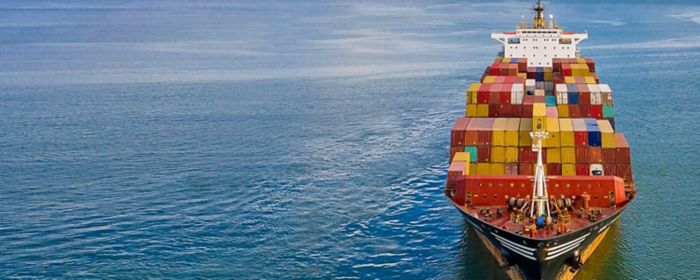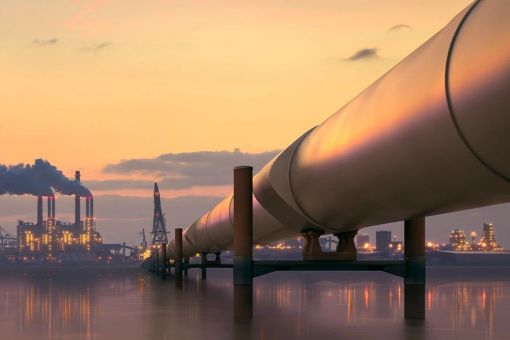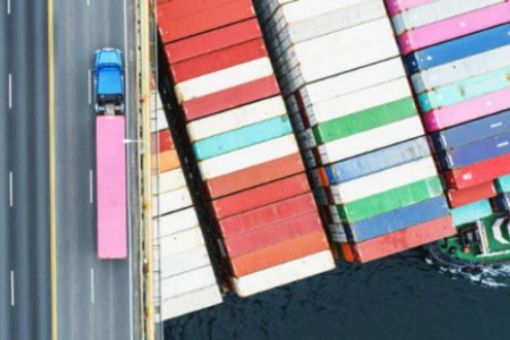The majority of manufacturing companies operating in Germany have global supply networks, worldwide sales organisations and strategically located production and service sites. These value creation networks, some of which are very complex, require continuous monitoring of the procurement and sales markets, including the development of all relevant framework conditions, in order to be able to take effective measures to minimise risks.
Resilience-efficiency dilemma
Flexible product life cycles, a growing number of variants and increasing cost and competitive pressure have been shaping the production and manufacturing-oriented risks of the industry for years. Currently, the industry is also experiencing severe disruptions in global supply chains due to geopolitical and global economic shocks. The resulting supply bottlenecks, production stoppages and highly volatile logistics and commodity prices are plunging manufacturing companies into a resilience-efficiency dilemma. The aspect of "maintaining production operations" (business continuity) is gaining unprecedented importance, as long-term supply contracts, buffer stocks in the warehouse or dual-sourcing strategies can increase security of supply, but at the same time usually impact margins.In particular, the significant rise in energy prices is affecting almost all sectors of the economy and making production and processing in the German economy more expensive - both for customers and for partners in the industry.
Further challenges along the supply chain await manufacturing companies due to increased requirements for human rights due diligence to be fulfilled, stricter climate protection laws and legal regulations on energy saving.
Serjoscha Keck
Partner, German Head of Industrial Manufacturing
KPMG AG Wirtschaftsprüfungsgesellschaft
Double transformation: digitalisation and sustainability
Security of supply and supply chain resilience are currently the top priorities for decision-makers. Manufacturing companies want to be more agile in the future so that they can react more quickly to changes and make appropriate decisions. Digitalisation can make a decisive contribution here. Because the bottom line is that pandemic, sustainability demands and geopolitics are driving leaders to focus even more on a dual transformation: smart digitalisation and a focus on environmental, social and governance (ESG) goals. Driven by the skills shortage and the increasing expectations of employees, customers and investors, investments in appropriate technologies will be necessary to make the fulfilment of targets visible, measurable and controllable.
In times of many new geostrategic tensions and a lack of political solutions for older trouble spots, the question of the overall social responsibility of corporate action arises more than ever.
KPMG's specialists support you in mastering the current and future challenges in your value network. Our clients benefit from the many years of industry-specific experience of our experts and the close cooperation between our various service areas.
Further Information
Focus topics
Publications
International
Your contacts
Julia Kristin Ruf
Partner, Performance & Strategy, Enterprise Performance
KPMG AG Wirtschaftsprüfungsgesellschaft
Marc Ennemann
Partner, Performance & Strategy, Enterprise Performance
KPMG AG Wirtschaftsprüfungsgesellschaft
Eun-Hye Cho
Partnerin, Audit, Regulatory Advisory, Sustainability Reporting & Governance
KPMG AG Wirtschaftsprüfungsgesellschaft
Connect with us
- Find office locations kpmg.findOfficeLocations
- kpmg.emailUs
- Social media @ KPMG kpmg.socialMedia















